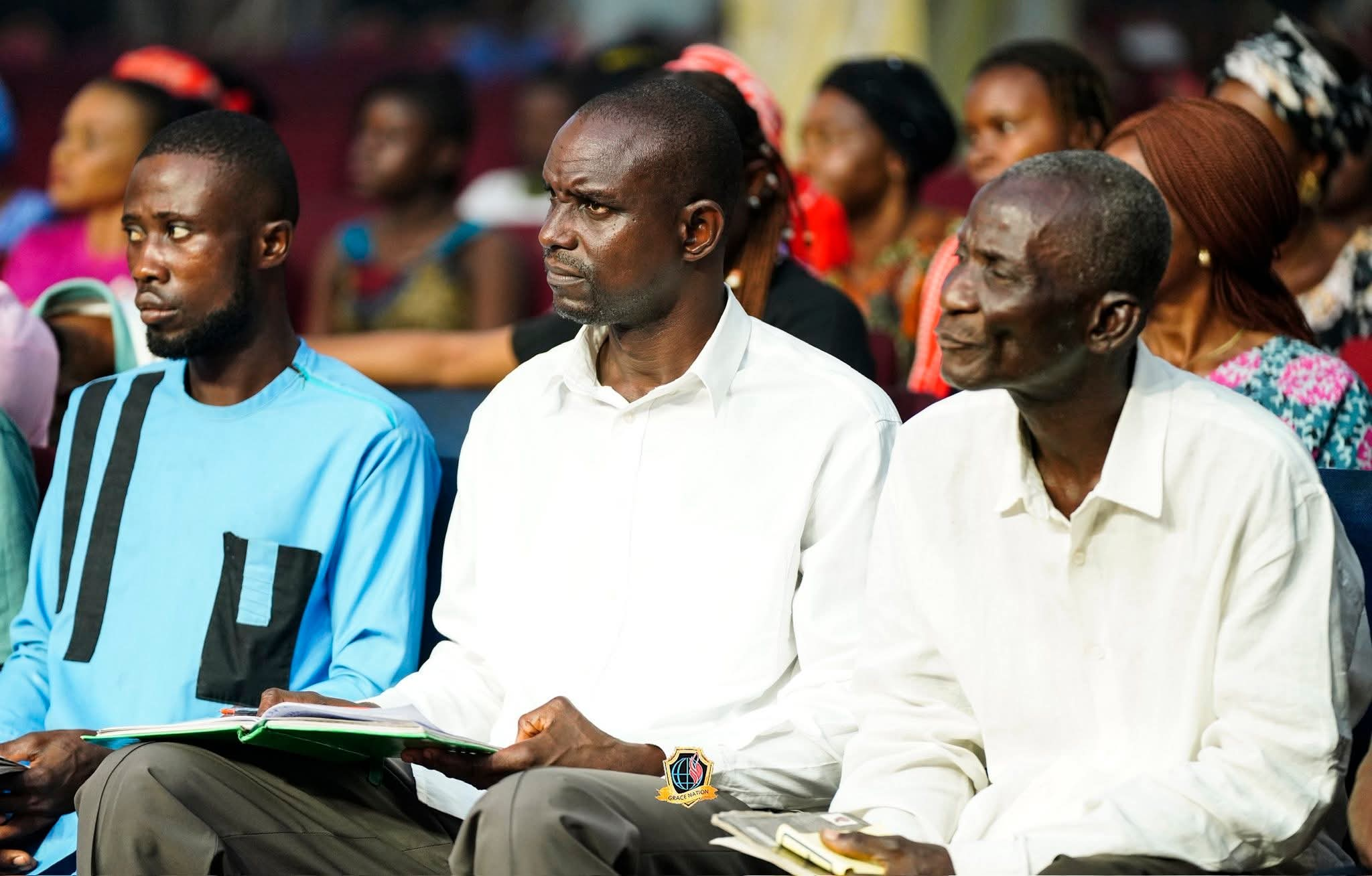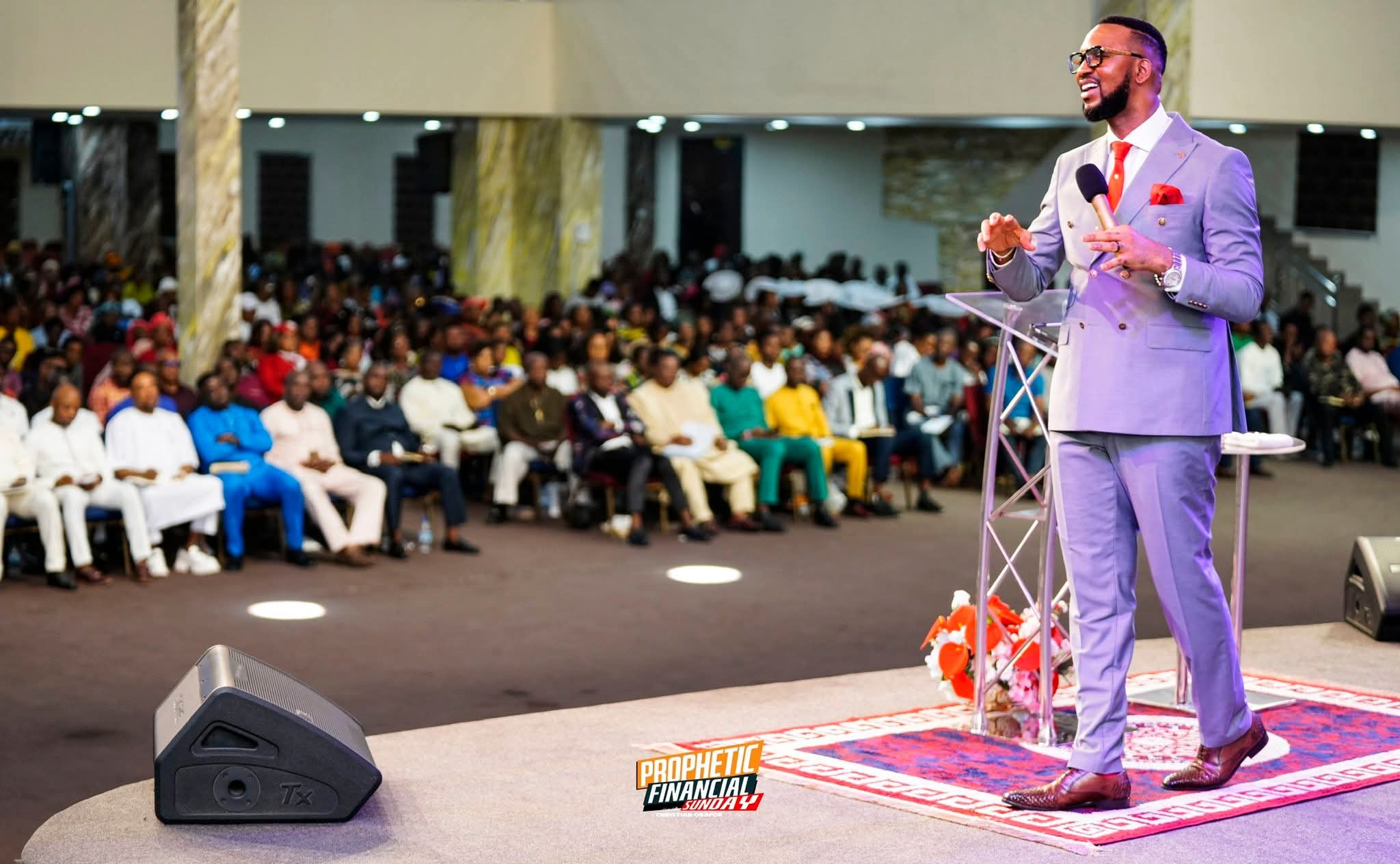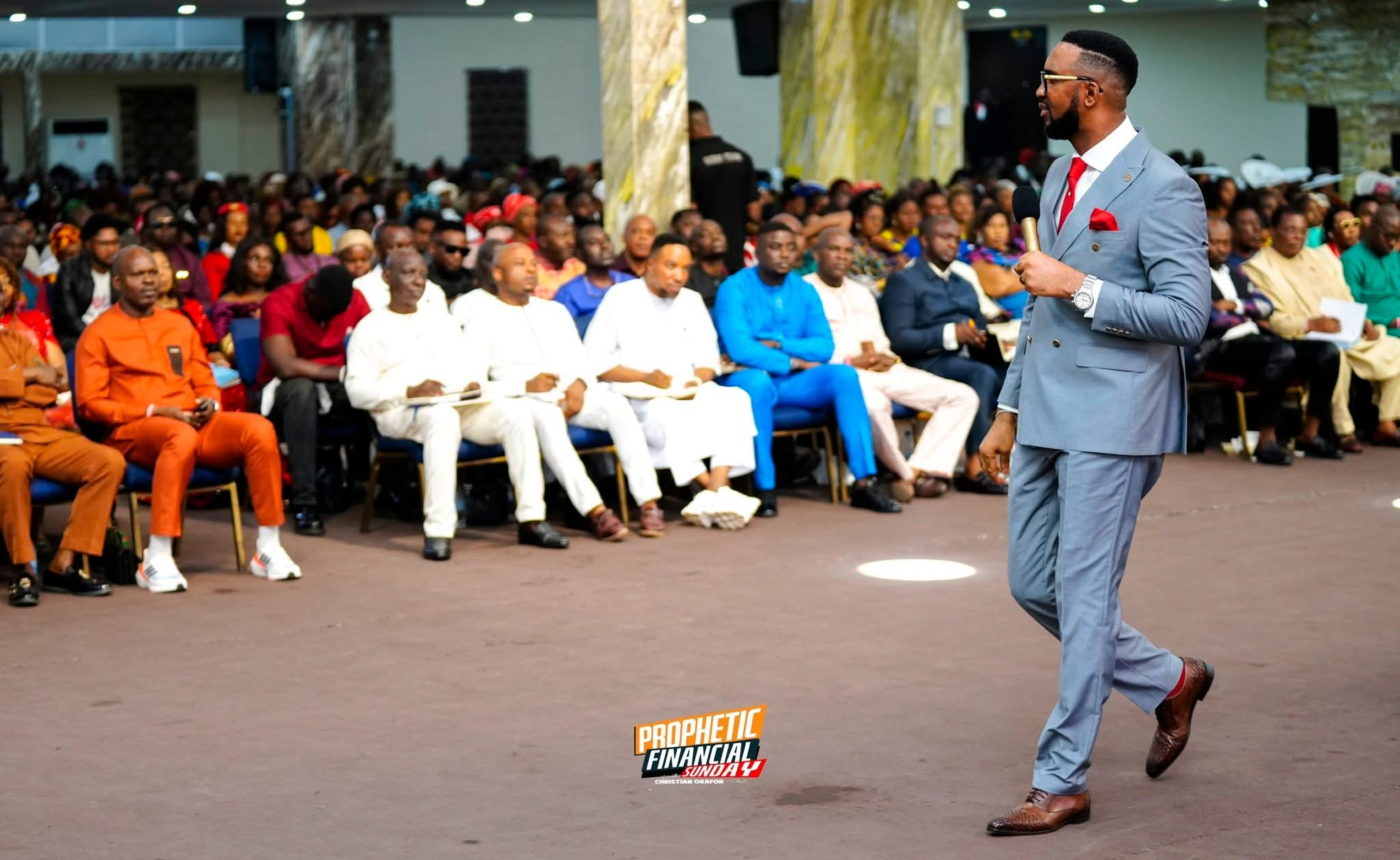celebrity radar - gossips
Amotekun: Are the Yoruba States in Nigeria asking for sovereignty?

By Jimoh Ibrahim OFR, CFR
Amotekun: The six states of the Yoruba ethnic group of the Federal Republic of Nigeria recently demanded from Nigeria Government more power to control security in their region and despite the Nigeria Police Force, the Military already in place, the Yoruba state now set up the Amotekun paramilitary forces.
The question remains: could this be the security arm of the proposed ‘Oduduwa Republic’ in the face of the Federal Republic of Nigeria?
Again, the Biafra Republic attempted a failed succession from the Federal Republic of Nigeria despite support from some states from the international society.The author is worried about the consequences of a failed demand for sovereignty for a second time in Nigeria.Yes, before 1648 a territorial state is a mere joke, nothing in a state beyond the authority of the hegemon, the emperor, the king, and the fiefs.In the mid 15th century, both England and France enjoyed relative territorial sovereignty.Europe during the same period was dotted with hundreds of different politice, overlapping jurisdictions, a low degree of differentiation between public and private realms, and divided loyalties. The papal system ended with the Pope as the head of Christendom. King Henry Charles the V11 challenged the Pope authority to regain the England states but what is more “what pleases the King has the force of law” and “what the King will the law will” the trajectory of the display of power is traceable to the divided loyalty of the peasant in the Feudal State and the Anglo Saxony 15 century.The geo-centric political movement in the international society of the power play lasted and beyond the period of the medieval time.
The emphasis here is that the demand for sovereignty is not a straight journey and could start as a play of asking where my loyalty belongs.And, the interesting choice of an answer in the Yoruba State: loyalty to the Federal Government of Nigeria, the Ooni of Ife (the Hegemon of the Yoruba States), and other similar Kings, the Governors, or completely with the Amotekun.There appears to be a divided loyalty. A choice is not an offence against the state but a pathway for legitimate demand for sovereignty.What is to follow is meetings for discussion if the demand for sovereignty is mutual.Again, so, as it was in the Peace of Augsburg 1555 where the principle of cuius regio, eius religio that the religion of the sovereign would be the religion of the subject.This further explained the imperativeness of divided loyalty to the religion of Buhari as Nigeria hegemon, to say the least, cannot be the religion of the Nigerian subjects. So, the hegemon gradually loses power to the peasant as it was in the feudal state. How will it be said that the religion of Ooni of Ife the Yoruba hegemon (and to say the least, Obatala, Orunmila, Ayelala) is the religion of the Amotekun states?No one even in the days of the military will ever succeed in the imposition of the religion of the hegemon on the Federal Republic of Nigeria because of the potential implications this may arrest immediately Valtellina sovereignty which is the ability of the state to determine its political structure and domestic sovereignty the state ability to control its population and territorial jurisdiction.Where a domestic policy in the States of Nigeria respect the Peace of Augsburg we may be inviting situation very close to Syria or Democratic Republic of Congo (God forbid). It is safe to say that Amatekun state cannot put in place the golden rule of cuius regio, eius religio.If there is nothing too good to borrow from the Peace of Augsburg, what of the famous peace of Westphalia 1648. In the historical context and the evolution of the international society, the trajectory for the sole of territorial state retained the attention of the geocentric society in the following order: Life of Confucius 551-479, Greeks victorious against Persia 490-480, Kautilya writes Arthasastra Circa 250, the idea of war mentioned in Hindu Code 200, Rome destroyed Carthage, its great historical enemy 146, Permanent division of Roman empire 395 CE, the life of Mohammed, founder of Islam 570- 632, Council of Constance 1414-18, Ottoman Empire capture Constantinople 1453, Ottoman-France treaty against Habsburgs 1553, Life of Grotius father of international law 1585-1645 and the Peace of Westphalia ends the thirty years war.I will not be talking about an event from the treaty of Utrecht 1713 or the American war of independence from 1776 to 2011 intervention in the Libyan conflict or the ongoing political insurgency in Syria.This is, to say the least, that if Amatekun desires to gain sovereignty it can be a very long walk of centuries to freedom and the price we may not be able to pay. The primary lesson can be learned from the surrender deed of the Biafra Republic to Nige ria Olusegun Obasanjo in 1967.Despite the international sovereignty and recognition enjoyed by the Biafra Republic from Gabon, Haiti, Ivory Coast, Tanzania, and Zambia. There was support from Israel, France, Spain, Portugal, Norway, Rhodesia, South Africa, and Vatican City.In the end, Biafra made a U-return to the Federal Republic of Nigeria. I want to hold that Amotekun state is not until.
, for sovereignty in the face of the Federal Republic of Nigeria, we hold off of the inseparable nature of the state role in security matters.And, it is the last respite the state can offer her citizen when all hope is lost. It is now to thank the Buhari led Federal Government for her generosity in allowing AMATEKUN to be.We defend our view because not even the Peace of Westphalia offers justice. If the state of Amatekun is justifying the demand for justice on the ground or footing of justice becoming sovereign does not represent justice.Again, sovereignty itself is not absolute and it all depends on the capacity to control political structure, ability to control the free flow of ideas, goods, and people across the border and acceptance by other sovereign states with sufficient capacity to take over with the legitimacy of control over the domestic affairs.No nation of the world could completely satisfy the Stephen Krasner (2002) metric conditions above. Yes, and as observed by Jean Jacques Rousseau, the Peace of Westphalia established a degree of order at the international level, by discouraging states from interfering in another state affair or the internal affairs of another nation and the use of force.The events of 551-479 Life of Confucius, to the peace of Westphalia 1648 offer opportunities like the English school will say, for acceptable behaviours to crystalise to sovereignty as an institution. What is more, at least it saw to the end of the caliphate and the papacy in the international system and encourages the power of the state as a defined institution.
The Pope will never forget the damages done to her by the peace of Westphalia 1648 and her loss of control of the State of England. Good to also see that Islam also developed its distinctive understanding of international society. Let develop a basic understanding of our inevitable living together in Nigeria rather than creating sovereignty within sovereignty! Yes, Amatekun is desirable if it is to help the Nigerian Government to solve the incredible problem in the interest of all but not certainly for the demand for sovereignty.We cannot accept to have the crises that went global in our hands again.(Thanks to M. Cox and Professor Campanaro)
Jimoh Ibrahim CFR
celebrity radar - gossips
Spiritual Reality: Wicked People Are Possessed by Wicked Spirits — Dr. Christian Okafor
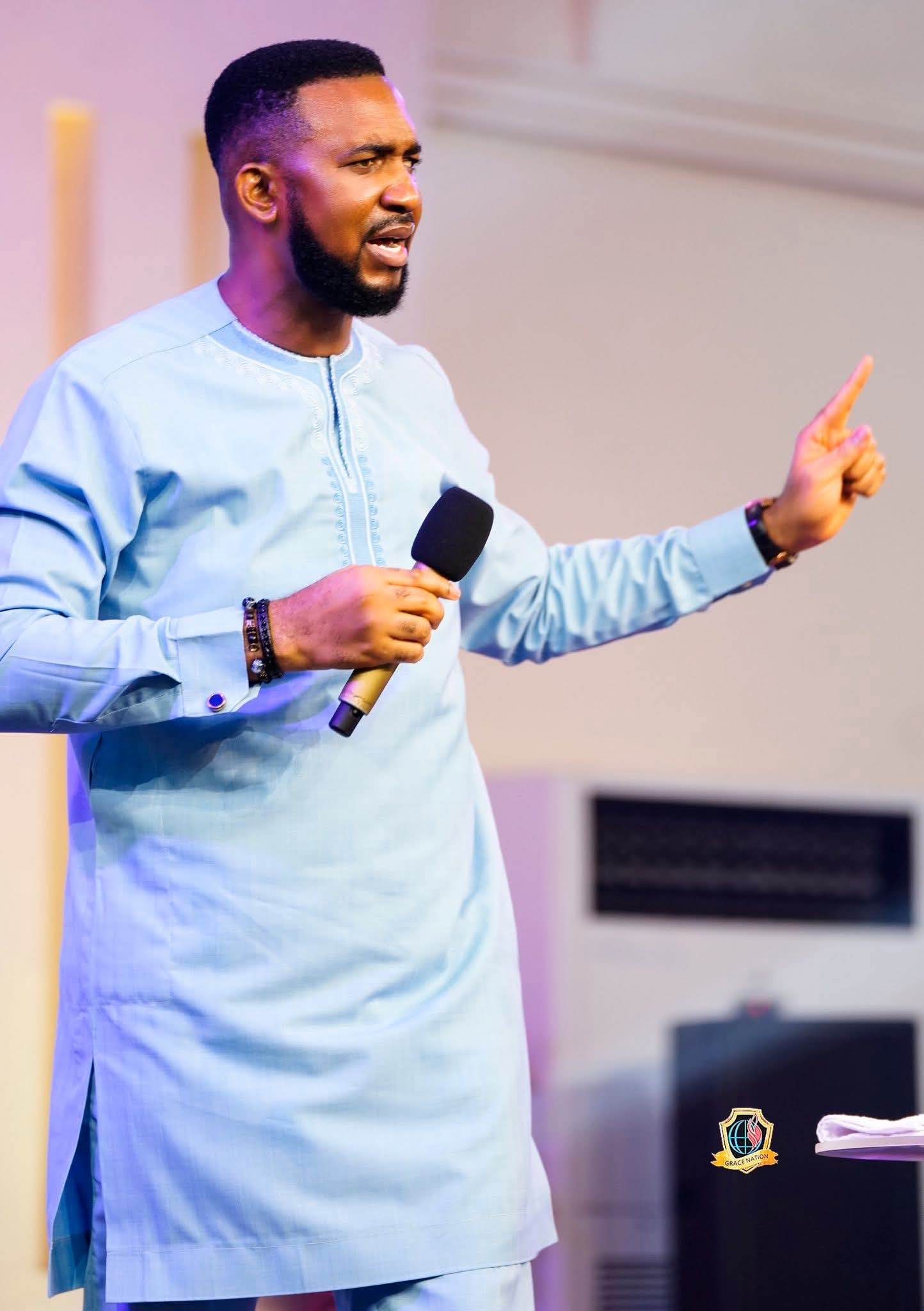
Spiritual Reality: Wicked People Are
Possessed by Wicked Spirits — Dr. Christian Okafor
…..“You don’t need to offend them before they attack you.”
…..“Your only true help comes from God.”
Demons are strategic and calculating. They detect threats quickly and position themselves to resist any power that may expose or overpower them.
According to the Generational Prophet and Senior Pastor of Grace Nation Global, Christian Okafor, spiritual intelligence operates both in light and in darkness—and believers must understand this reality.
Dr. Okafor delivered this message on Thursday, February 19, 2026, during the midweek Prophetic, Healing, Deliverance and Solutions Service (PHDS) held at the international headquarters of Grace Nation Worldwide in Ojodu Berger, Lagos, Nigeria.
The Operations of Demons
Teaching on the subject “Spiritual Reality” with the subtitle “Operations of Demons,” the Man of God explained that when demons possess individuals, their behavior changes. Such people may attack, bully, or resist those sent by God to help them, unknowingly rejecting divine assistance and prolonging their struggles.
“You don’t need to offend a demon before it attacks you,” he said. “What you carry is enough to provoke opposition. The greater your potential, the greater the battle.”
Dr. Okafor noted that many believers misinterpret battles as signs that God has abandoned them. However, he explained that some battles are permitted for growth, training, and divine glorification.
According to him, God may allow certain confrontations so that believers understand spiritual warfare and emerge stronger.
“Some battles are necessary,” he emphasized. “They push you into your turning point.”
He further stated that God does not respond to lies, blackmail, or bullying. He responds to His Word. Therefore, opposition is not proof of God’s absence, but often evidence of destiny at work.
The Weapon Against Demonic Attacks
Addressing solutions, Dr. Okafor described prayer as the strongest weapon against satanic operations.
“Prayer is the license that invites God into your battles,” he declared. “God does not intrude—He responds to invitation.”
According to the Apostle of Altars, understanding the principles and discipline of prayer enables believers to receive divine strategies for overcoming demonic resistance. Without prayer, he warned, spiritual help cannot be activated.
“You cannot receive help without God,” he concluded. “And you cannot engage God without prayer.”
Manifestations at the Service
The midweek gathering was marked by a strong move of the Spirit, with testimonies of deliverance, miracles, restoration, and solutions to various challenges presented before God. Several individuals reportedly committed their lives to Christ during the service.
celebrity radar - gossips
Kingdom Advancement: God Does Not Confirm Lies or Gossip — He Confirms His Word .” — Dr. Chris Okafor

Kingdom Advancement: God Does Not Confirm Lies or Gossip—He Confirms His Word
“When Doing Business with God,
People’s Opinions Do Not Count.”
— Dr. Christian Okafor
The greatest investment any Christian can make is partnering with God. According to the Generational Prophet of God and Senior Pastor of Grace Nation Global, Christopher Okafor, when a believer commits to serving and advancing God’s kingdom, no barrier, lie, gossip, or blackmail can prevail against them.
This message was delivered during the Prophetic Financial Sunday Service held on February 15, 2026, at the international headquarters of Grace Nation Worldwide in Ojodu Berger, Lagos, Nigeria.
Doing Business with God
Teaching on the theme “Kingdom Advancement” with the subtitle “Doing Business with God,” Dr. Okafor emphasized that when a believer enters into covenant partnership with God, divine backing becomes inevitable.
“God is still in the business of covenant,” he declared. “When you make a covenant with Him, He honors the terms. When you win souls into the kingdom and remain committed to His work, He rewards you with what you could never achieve by your own strength.”
The Man of God stressed that God does not confirm lies, gossip, or negative narratives—He confirms His Word. Therefore, anyone genuinely committed to kingdom business should not be distracted by public opinion.
“No matter the blackmail or falsehood circulating around you, if you are focused on God’s assignment, those attacks will only strengthen you,” he stated.
He further noted that a believer’s understanding of God’s covenant determines their experience. “Your mentality about God’s covenant becomes your reality. When you truly know the God you serve, no devil can move you.”
Biblical Examples of Kingdom Partnership
Dr. Okafor cited several biblical figures who prospered through their partnership with God:
Abel
Abel served God with sincerity and offered his very best. His sacrifice pleased God, demonstrating that when a master is honored, he responds with favor.
David
David’s heart was fully devoted to God, and in return, God’s presence and favor rested upon him throughout his life.
Hannah
Hannah made a covenant with God, promising that if He blessed her with a child, she would dedicate him to His service. After fulfilling her vow, God rewarded her abundantly, blessing her with additional children.
Peter
Peter, a professional fisherman, surrendered his boat at Jesus’ request for kingdom work. Through that act of partnership and obedience, he experienced supernatural provision and divine elevation.
Conclusion
In closing, Dr. Okafor emphasized that one’s approach to God’s covenant determines the level of success and prosperity experienced. Commitment to kingdom advancement secures divine confirmation and supernatural results.
The Prophetic Financial Sunday Service was marked by prophetic declarations, deliverance, healings, miracles, restoration, and solutions to diverse cases presented before Elohim.
celebrity radar - gossips
At 55, Omoyele Sowore Remains a Defiant Voice of Conscience
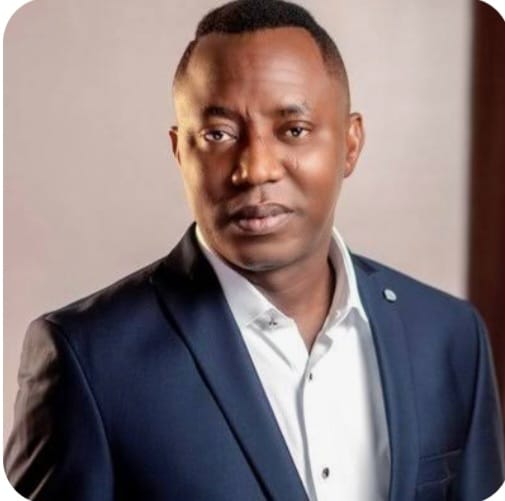
At 55, Omoyele Sowore Remains a Defiant Voice of Conscience
By George Omagbemi Sylvester | Published by SaharaWeeklyNG
“SaharaWeeklyNG Management and Staff Salute a Relentless Campaigner for Justice and Democratic Accountability.”
As activist, journalist and politician Omoyele Sowore marks his 55th birthday, the management and staff of SaharaWeeklyNG join millions of Nigerians at home and in the diaspora to celebrate a man widely regarded as one of the most persistent and fearless voices for democratic accountability in modern Nigeria.
Born on February 16, 1971, in Ondo State, Sowore rose from student activism at the University of Lagos to become one of the country’s most recognisable pro-democracy figures. His early involvement in the student movement during the military era of the 1990s placed him at the forefront of protests against dictatorship and repression, a role that would shape the course of his life and career.
He later founded Sahara Reporters in 2006, an online investigative platform that quickly gained prominence for exposing corruption, abuse of power and human rights violations. Operating initially from the United States, the outlet became a symbol of citizen journalism and digital activism, publishing stories often ignored or suppressed by mainstream media. Over the years, the platform has reported on high-level corruption cases, electoral malpractices and security failures, earning both praise and fierce criticism from political authorities.
Sowore’s activism took a dramatic turn in 2019 when he contested Nigeria’s presidential election under the African Action Congress (AAC). Although he did not win, the campaign amplified his calls for systemic reform. Months later, he launched the #RevolutionNow movement, a nationwide protest demanding an end to corruption, economic hardship and insecurity.
In August 2019, he was arrested by Nigeria’s Department of State Services (DSS) on charges of treasonable felony. His detention, which lasted several months despite court orders for his release, sparked international condemnation from human rights groups, civil society organisations and foreign observers. The case turned him into a global symbol of resistance against state repression.
Over the years, Sowore has faced multiple arrests, court trials and travel restrictions. Yet he has remained resolute, insisting that his activism is rooted in the constitutional right to freedom of expression and peaceful assembly. Supporters describe him as a principled crusader against injustice, while critics accuse him of political extremism. Regardless of the perspective, his impact on Nigeria’s political discourse is undeniable.
His life’s work echoes the enduring words of Nelson Mandela, who once said, “Freedom is not merely to cast off one’s chains, but to live in a way that respects and enhances the freedom of others.” For many of Sowore’s followers, his sacrifices represent precisely that spirit, an unyielding struggle for a more accountable and equitable society.
Similarly, the philosophy of Martin Luther King Jr. (that “injustice anywhere is a threat to justice everywhere”) resonates deeply with the trajectory of Sowore’s activism. Whether confronting police brutality, electoral irregularities or economic injustice, he has consistently framed his struggle as one for the collective dignity of Nigerians.
Nigerian Nobel laureate Wole Soyinka once observed that “the man dies in all who keep silent in the face of tyranny.” That sentiment captures the essence of Sowore’s public life. For over three decades, he has refused silence, even when it meant imprisonment, harassment and personal sacrifice.
At 55, Sowore’s journey is far from over. He remains active in political advocacy, civil rights campaigns and public commentary, continuing to challenge what he describes as systemic failures in governance and leadership. His career reflects both the promise and the peril of dissent in a fragile democracy; where the line between patriotism and confrontation is often fiercely contested.
On this milestone birthday, SaharaWeeklyNG management and staff recognise Sowore not merely as an individual, but as a symbol of the enduring struggle for transparency, justice, and democratic renewal. His story is one of conviction under pressure, a reminder that the quest for a better society often demands courage, resilience and a willingness to stand alone.
As Nigeria navigates its complex political and economic realities, figures like Sowore continue to shape the national conversation. Whether praised or criticised, his voice remains a constant in the country’s democratic journey; loud, uncompromising and impossible to ignore.
-

 celebrity radar - gossips6 months ago
celebrity radar - gossips6 months agoWhy Babangida’s Hilltop Home Became Nigeria’s Political “Mecca”
-

 society6 months ago
society6 months agoPower is a Loan, Not a Possession: The Sacred Duty of Planting People
-

 society5 months ago
society5 months agoReligion: Africa’s Oldest Weapon of Enslavement and the Forgotten Truth
-

 news6 months ago
news6 months agoTHE APPOINTMENT OF WASIU AYINDE BY THE FEDERAL GOVERNMENT AS AN AMBASSADOR SOUNDS EMBARRASSING









